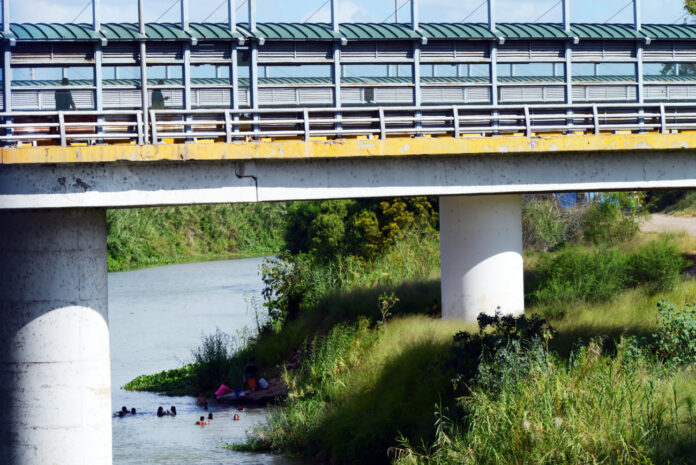The Trump administration has been trying to convince state and local officials that the worst fears of the COVID-19 pandemic should be behind us and we should start returning to normalcy, especially with regard to business operations. We hope federal officials heed their own words, and begin taking steps to reopen our border ports of entry to “non-essential” travelers.
After all, one of the best ways to reignite our economy would be to allow activity that brings billions of dollars to U.S. interests ever year. More importantly, much of that activity is in border areas like the Rio Grande Valley, where retail, tourism, medical and other border business helps reduce the need for local residents to seek welfare assistance.
The Texas Border Coalition, made up of city and county officials across the border, hope the federal government agrees that it’s time to lift foreign travel restrictions at our ports of entry.
Cameron County Judge Eddie Treviño Jr., chairman of the TBC, recently sent a letter to Homeland Security Secretary Chad Wolf asking that the restrictions be lifted.
U.S. Sen. John Cornyn, after making a campaign stop to the Valley, added his voice to the growing number of requests that activity on the border return to normal. He and six other Congress members from both parties sent their own letter to Wolf, saying it’s time to reverse policies that have only created bottlenecks at the bridges among people who are still trying to cross.
These aren’t the only efforts to allow more border activity. U.S. Rep. Henry Cuellar, D-Laredo, has asked that the newest COVID-19 federal relief bill include language that requires DHS to work with local border and federal health officials to determine the best strategy to easing or dropping border crossing restrictions.
Officials have said the restrictions haven’t been effective, other than to reduce local border crossings. McAllen Mayor Jim Darling recently noted that Mexican residents can fly to any part of the United States, but can’t drive to McAllen.
The loss of those crossings has cost his city, and others all along the border, dearly. Darling said casual crossings were down 90%, with estimated losses of $2 million in bridge fees to the McAllen-Hidalgo International Toll Bridge Fund. And of course, bridge tolls are a tiny fraction of the money that would have been spent at Valley stores, restaurants and other sites once the visitors were here.
Certainly, the novel coronavirus is still out there and the chance of catching COVID-19 remains. Face coverings, social distancing and other measures have helped reduce transmission rates to the point that Gov. Abbott is easing restrictions across Texas. More importantly, foreign visitors will still be subject to whatever safety precautions will remain in place at the shops and other venues.
We can’t wait to return to our normal lives until COVID-19 disappears — that might never happen. Evidence that our safety measures are working we hope will inspire confidence in federal officials that as long as we continue those precautions, we can start returning to normal life.




